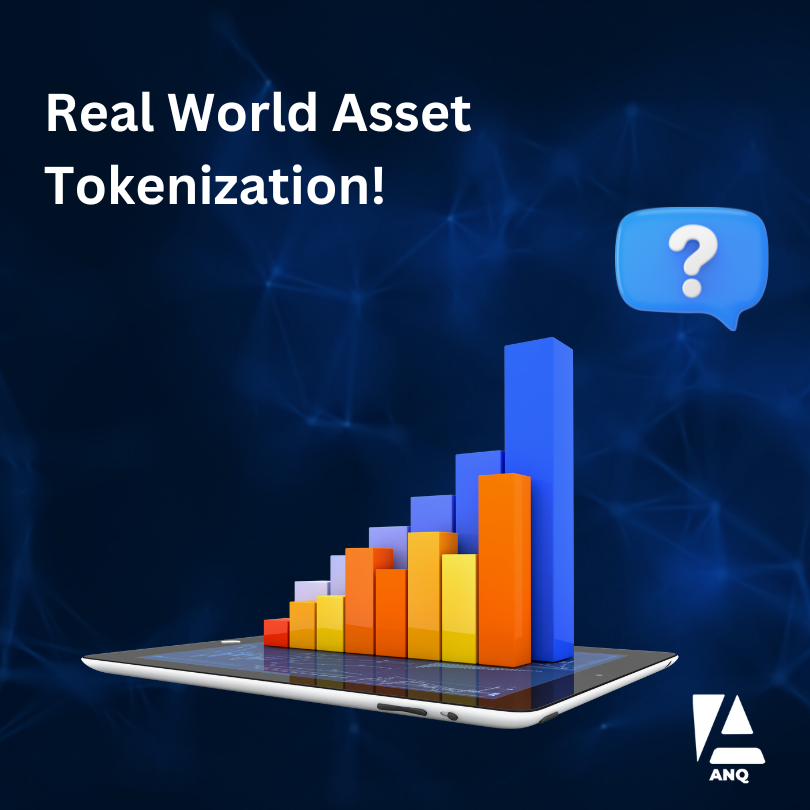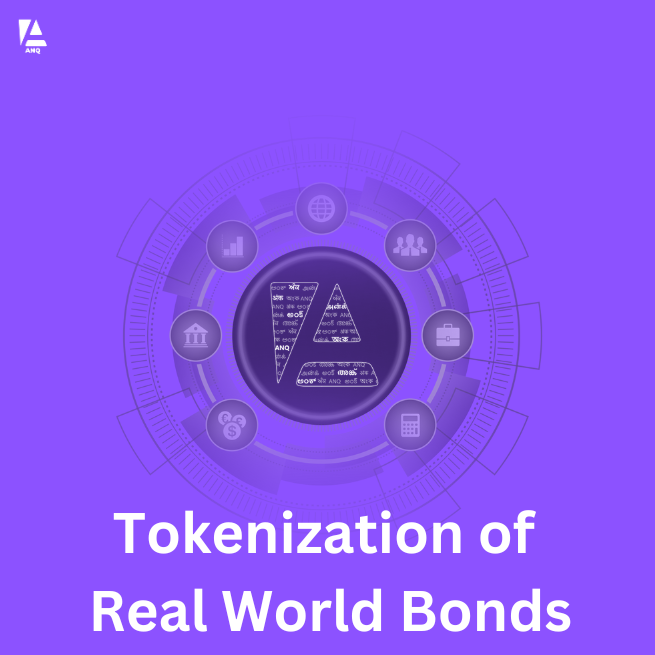Revolutionizing Real Estate: How Asset Tokenization Addresses Key Challenges

The real estate market has long been considered a lucrative avenue for investment, offering the promise of stable returns and tangible assets. However, traditional real estate investment comes with its fair share of challenges, including illiquidity, high entry barriers, lack of transparency, and geographical limitations. These drawbacks have prevented many potential investors from participating in the real estate market. But there is a transformative solution on the horizon - asset tokenization.
Asset tokenization is the process of converting real-world assets, such as real estate properties, into digital tokens that can be traded on a blockchain platform. These tokens represent fractional ownership in the asset, enabling investors to buy and sell portions of the property. Through tokenization, the barriers to real estate investment are significantly reduced, offering benefits to both investors and property owners.
Challenges in Traditional Real Estate Investment:
- High Entry Barriers: Investing in real estate often requires substantial capital, making it inaccessible to many potential investors, especially young and inexperienced ones.
- Lack of Liquidity: Real estate investments are typically illiquid, meaning it's challenging to convert them into cash quickly without incurring significant costs or delays.
- Geographical Limitations: Traditional real estate investments are usually confined to specific locations, limiting diversification opportunities for investors.
- Lengthy Transactions: Buying and selling real estate can be a time-consuming process, involving numerous intermediaries and paperwork.
- Limited Transparency: The real estate market lacks transparency, with property valuations and historical transactions often hidden from investors.
- Fragmented Ownership: Large-scale real estate properties often have multiple owners, leading to complex ownership structures and decision-making.
Solving the Issues through Asset Tokenization:
- Accessible Investment: Asset tokenization allows fractional ownership, enabling investors to participate with smaller amounts, making real estate accessible to a broader audience.
- Enhanced Liquidity: Tokenized assets can be traded on blockchain-based platforms, providing investors with increased liquidity and the ability to buy and sell at any time.
- Global Reach: Tokenization transcends geographical limitations, enabling investors to diversify their portfolio with properties from different locations.
- Efficient Transactions: Blockchain technology streamlines the real estate transaction process, reducing paperwork and eliminating intermediaries.
- Transparency and Security: Blockchain ensures transparency by providing an immutable record of property ownership and historical transactions, enhancing trust between parties.
- Simplified Ownership: Tokenization streamlines ownership structures, making it easier to manage large-scale real estate properties and execute decisions.

According to BlackRock, the global market for tokenized assets could reach $20 trillion by 2027. This includes both real estate and other asset classes, such as equities, debt, and commodities.
BlackRock's estimate is based on the following factors:
- The growing demand for alternative investments: Investors are increasingly looking for ways to diversify their portfolios beyond traditional assets, such as stocks and bonds. Tokenized assets offer a unique opportunity to invest in illiquid assets, such as real estate, in a more liquid and accessible way.
- The rise of blockchain technology: Blockchain is the underlying technology that powers cryptocurrencies, such as Bitcoin and Ethereum. It is also a secure and transparent way to record transactions. This makes blockchain well-suited for tokenizing assets, as it ensures that the underlying asset is real and that the transactions are being conducted fairly.
- The regulatory environment: The regulatory landscape for tokenized assets is still evolving, but it is becoming more favorable. This is making it easier for investors to access tokenized assets and for tokenized asset platforms to operate.
Of course, there are also some potential risks associated with tokenized assets, such as regulatory uncertainty and security risks. However, the potential benefits of tokenized assets are significant, and the market for these assets is expected to grow rapidly in the coming years.
Here are some other reliable institutions that have made estimates of the market size for tokenized assets:
- Bain Capital: Bain Capital estimates that the global market for tokenized assets could reach $540 trillion by 2030.
- McKinsey: McKinsey estimates that the global market for tokenized assets could reach $12 trillion by 2025.
- KPMG: KPMG estimates that the global market for tokenized assets could reach $2 trillion by 2025.
These estimates vary widely, but they all point to the fact that the market for tokenized assets is expected to grow rapidly in the coming years. It is an exciting time to be involved in this space, and it will be interesting to see how the market evolves in the years to come.
Conclusion: Asset tokenization is a revolutionary approach to address the inherent challenges in traditional real estate investment. By transforming real estate assets into digital tokens, investors can access a more transparent, efficient, and diversified investment landscape. As the world of finance continues to evolve, asset tokenization is poised to reshape the future of real estate investment, providing a pathway to greater financial inclusivity and prosperity.




